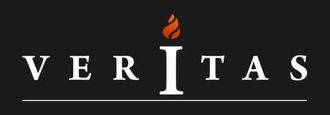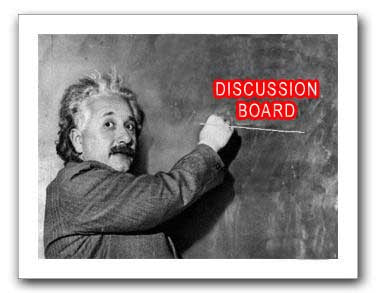Congratulations, you made it through the first week... |
Week 2 Resources/ Assets |
|
Updated August 30, 2018
This is your landing page for announcements and current news for your chemistry class. Please check this page often. Materials "Ages" I hope you understood from lectures last week that the knowledge of materials and how to use them has really driven developments in chemistry (not to mention it defined the "Ages" in past human history). Although the field of chemistry as we know it today is pretty young - only about 300 years old, the importance of having the knowledge of how to manipulate and harness both matter and energy, has been around since the very creation of Adam, himself. Chemistry today drives technologies in medicine, agriculture, environmental science, materials science, space exploration, the fuel industry, materials science, etc. The Scientific Method Hopefully you can also appreciate why the scientific method is a superior way to acquire knowledge, when compared to the shortcomings of Aristotelian thinking. Recollect that the scientific method - as a way of knowing - sprung from the Christian cultural milieu of Western Europe; while there were many engineering marvels noted in Aztec, Muslim, Indian, and Asian societies, none of these produced a methodology for acquiring knowledge. The scientific method was also influenced by the Reformers ideas concerning the sinful nature of humans - that sin not only brought about moral corruption, but also negatively impacted the cognitive abilities of humans. Beaker and Flask Accuracy Lab Since I did not have my beakers, flasks, graduated cylinders and burets unpacked in time for lab last Tuesday, we will go ahead and carry out the Beaker and Flask Accuracy Lab this coming week, following a bit more of a discussion on the properties of matter (Chapter 2). The purpose of this lab is to demonstrate that in the world of chemistry - there are ideal tools to accurately measure liquids - not beakers and flasks, but rather graduated cylinders, burets and pipettes. Sorry, sorry, sorry! I apologize for letting you all out early on Tuesday! I feel as if you have been robbed! I will try to make it up to you this coming week :) bet you can't wait! I also forgot to give you the quiz on Lab Safety, taken from the Crash Course video (linked right). We will take that quiz first thing on Tuesday. On Tuesday, September 11th, we will perform the Separation of a Mixture laboratory. I will provide the link to that lab next week. So, wonderful, nascent chemists, so that you are prepared for classes Tuesday, September 4th, please complete the following:
|
|


